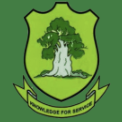Detailed introduction of the University for Development Studies:
Introduction
The University for Development Studies is the only public university in northern Ghana, with the goal of promoting equitable socio-economic transformation of the community through academics and research.
History and establishment
Establishment: In 1992, the Ghanaian government established the university through Law No. 279 and Gazette of the Provisional National Defense Council.
Development process: Academic work began in September 1993, and the first batch of 40 students entered the College of Agriculture. Since then, other departments, schools, and research institutes have been gradually built.
School strength
Multi-campus school: It has four campuses, namely Tamale Campus, Nyampala Campus, Tamale City Campus and Eastern Yendi Campus. Different campuses undertake different teaching and research tasks.
Rich disciplines and majors: Undergraduate and postgraduate courses are offered, covering a variety of fields such as agriculture, medicine, health sciences, education, business and social sciences.
Significant scientific research results: The school's research work is mainly focused on solving development problems in northern Ghana, such as agricultural development, water resources management, health care and other fields, and has achieved a series of important results.
Extensive international cooperation: It has established cooperative relations with many internationally renowned universities and research institutions to carry out academic exchanges and scientific research cooperation projects.
Nature of the institution: Public university.
Educational philosophy
The teaching philosophy is derived from the new thinking of higher education, emphasizing that universities, as teaching and research institutions, need to play a more active role in solving social problems (especially in rural areas). Focusing on practical-oriented research and field training, it aims to contribute to poverty reduction to accelerate national development.
Key laboratories and disciplines
Key disciplines: Development research, agriculture, medicine, health sciences and other disciplines are the school's advantageous disciplines.
Laboratories and research centers: There are research centers such as the West African Center for Water, Irrigation and Sustainable Agriculture (WAC-WISA), the West African Center for Sustainable Rural Transformation (WAC-SRT), and the Desert Research Center (DRI).
Faculties and colleges
School of Planning and Land Management: There are majors such as community development, planning and management, and real estate and land management.
College of Agriculture: has majors such as agricultural mechanization and irrigation technology, agricultural extension and farm management, agronomy, and animal science.
College of Natural Resources and Environment: has majors such as forestry and forest resource management, fisheries and aquatic resource management, and biodiversity conservation and management.
College of Applied Sciences: has majors such as applied biology, applied chemistry and biochemistry, and applied physics.
College of Mathematical Sciences: has majors such as mathematics, computer science, and statistics.
College of Comprehensive Development: has majors such as economics and entrepreneurship development, environmental and resource research, and social, political and historical research.
College of Medicine and Health Sciences: has majors such as biochemistry and molecular medicine, community nutrition, microbiology, and pharmacology.
College of Education: has majors such as development education research, basic education research, and basic education research.
Ranking
Ranked in the top 5 of 66 universities in Ghana.
Study abroad costs
Tuition fees vary depending on the course and level of study.
Campus environment
The campuses are reasonably distributed: the campuses are located in different areas in northern Ghana, providing students with a diverse learning and living environment.
Complete teaching facilities: The school has complete teaching and living facilities such as libraries, laboratories, dormitories, sports facilities, etc.
Rich campus culture: The school has various clubs and societies, and holds annual events such as Tamale Campus Week and Navrongo Campus Week, making campus life colorful.
-
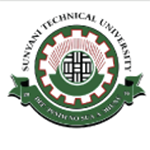
Sunyani Technical University
-
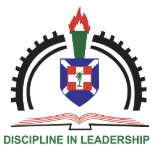
Presbyterian University College
-
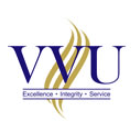
Valley View University
-
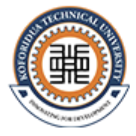
Koforidua Technical University
-

Garden City University College
-

Ghana Institute of Journalism
-

Central University
-
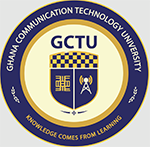
Ghana Telecom University College
-
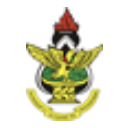
Kwame Nkrumah University of Science and Technology
-
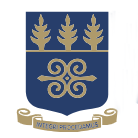
University of Ghana
-

Mesoamerican University
-

Istmo University
-

Mariano Galvez University of Guatemala
-

Regional University of Guatemala
-

Galileo University
-

Francisco Marroquín University
-

Rafael Landívar University
-

University of the Valley of Guatemala
-

University of San Carlos of Guatemala
-

Technological Institute of Tlaxcala Plateau
-

Golfo University
-

Technological University of South Sonora
-

Technological University of Huejotzingo
-

Tizimín Institute of Technology
-

Chilpancingo Institute of Technology

